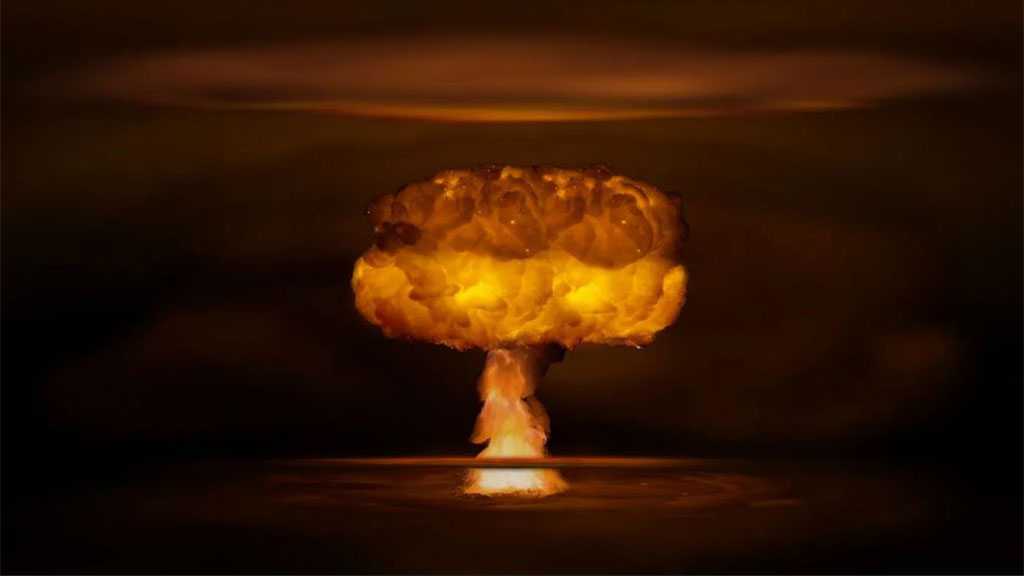Over 5 Billion Would Die of Starvation in Nuclear War!

By Staff, Agencies
A study published on Monday in the journal Nature Food warned that “In the aftermath of a nuclear war between the US and Russia, over 5 billion people could starve to death as the ash and soot from burning cities would enter the atmosphere and block out sunlight.”
While much of the current speculation about nuclear war focuses on the horrors of the bombing itself, this study, conducted by researchers at Rutgers University in the US, suggests that the real suffering would come in the years after the conflict, when the breakdown of supply chains and devastation of local infrastructure would be compounded by the effect of a nuclear winter on food crops.
The cooling effect that would be created when the ash from a nuclear exchange entered the atmosphere would peak within a year or two, but the reduction in temperature would last for over a decade and would also involve reduced precipitation, according to the models used by the researchers. Fluctuations in major food sources, including maize, rice, spring wheat, and soybeans, as well as livestock pasture and fisheries, were all factored into the model.
While the distribution of food among countries not immediately involved in the nuclear war would depend in part on existing political alliances, trade routes, and other human factors that cannot be incorporated into the climate model used in the study, the model’s weather patterns show wind driving clouds of smoke and ash into the sky above major food producers such as the US, China, Germany, and the UK, ultimately resulting in a decline of 90% in the world’s food supply.
Given that the US and Russia – both major food exporters – would already have seen their food production capacity disrupted if not completely destroyed by the nuclear war itself, the outcome would be doubly devastating for countries that rely on food imports to survive.
“The data tell us one thing: We must prevent a nuclear war from ever happening,” climate science professor and study co-author Alan Robock said.
While completely wiping out the human race would require superpower-sized arsenals, even a nuclear exchange between less heavily-armed countries, such as India and Pakistan, would render key agricultural regions unusable for years, triggering a major refugee crisis, which, in addition to the nuclear winter effect, could consign as many as 2 billion people to starvation, the researchers found. Such an outcome would represent ‘just’ a 7% global decline in crop yields, but is still far worse than any disturbance to world food supplies ever modeled by the United Nations.
The cooling effect of ash entering the Earth’s atmosphere has previously been recorded in the aftermath of major volcanic eruptions such as Indonesia’s Mount Tambora in 1815 and Iceland’s Laki in 1783, both of which resulted in famines and political upheavals.
Comments
- Related News




